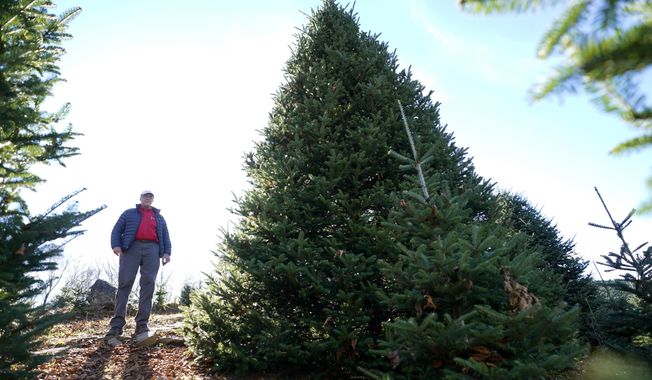
A scientist of European space agency ESA stands at an airworthy copy of space probe 'Rosetta' in the ESA control center in Darmstadt, Germany, Monday, Jan. 20, 2014. Scientists at the European Space Agency are expecting their comet-chasing probe Rosetta to wake from almost three years of hibernation at 11 a.m. Monday Jan. 20, 2014 (1000 GMT; 5 a.m. EST) and phone home to say all is well. The scientists are facing an agonizing wait of several hours until the first signal reaches Earth. (AP Photo/dpa, Daniel Reinhardt)
Featured Photo Galleries




Trump Transition: Here are the people Trump has picked for key positions so far
President-elect Donald Trump has announced a flurry of picks for his incoming administration. Get full coverage of the Trump transition from The Washingon Times.

Trump dances onstage, takes post-election nation by storm
President-elect Trump dances onstage









